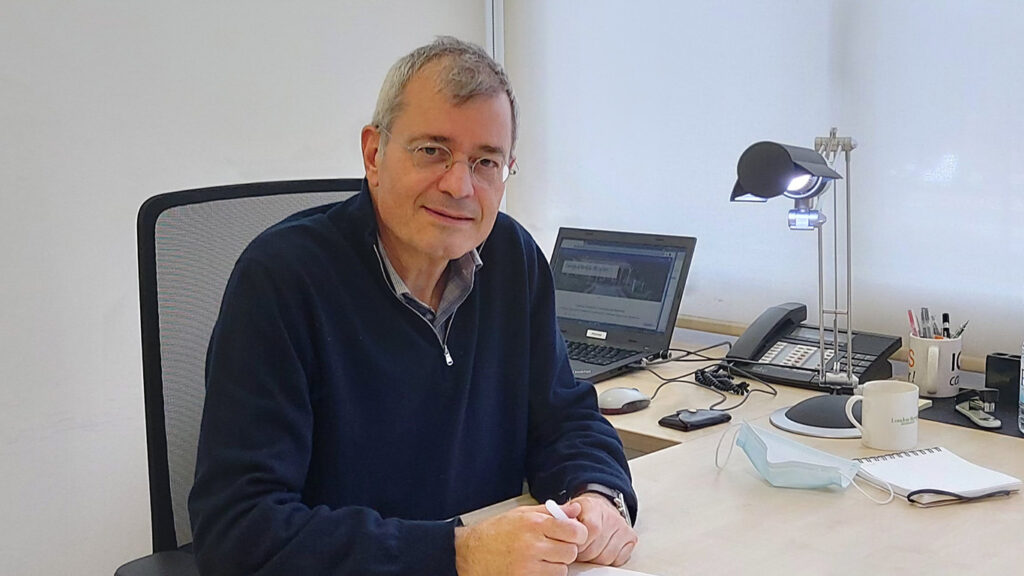Colorectal cancer is one of the most prevalent cancer types, and its incidence is often linked to adverse health behaviors, particularly in lower socioeconomic status populations. Recognizing the importance of preventive measures, ONCODIR integrates cutting-edge research methodologies, including health policy analytics, social and behavioral science, artificial intelligence (AI)-powered multi-omics, and retrospective data analytics, as well as decision support theories.
IDIBELL, the Bellvitge Biomedical Research Institute, will participate in this ambitious initiative led by the Centre for Research and Technology Hellas (CERTH) and composed of 27 complementary partners from multidisciplinary research, technological, and social sciences, and humanities domains. ONCODIR has received funding from the European Health and Digital Executive Agency (HADEA) under the European Commission’s Cancer Mission cluster of projects on “Prevention and early detection”.
The primary objective of ONCODIR is to deliver evidence-based cancer prevention programs and innovative AI-powered personalized prevention approaches. By leveraging robust AI trustworthiness and privacy-preserving principles, the project aims to deploy recommendation services that cater to the specific needs and preferences of citizens, health policy actors, and social sciences experts.
Design thinking workshops will ensure that the solutions developed are truly co-created and co-designed, with a focus on addressing critical aspects such as lifestyle, nutrition, and social habits in conjunction with economic, sociological, and local/regional cultural identity and ethics. Moreover, the ONCODIR consortium is committed to ensuring the cost-effectiveness and affordability of the prevention programs. The 42-month workplan is carefully structured to encompass a holistic approach and the results will be validated through laboratory tests and large-scale intervention pilots in five countries.
“Being part of the ONCODIR project represents an unparalleled opportunity to create impactful interventions for the early prevention of colorectal cancer,” says Dr. Josep Maria Borràs, head of the Health Services Research in Cancer group at IDIBELL. “Our approach involves engaging all stakeholders, including citizens, clinicians, and policymakers, in the co-design process. This ensures that the evidence-based solutions we develop are readily adopted and effectively implemented in healthcare policies, ultimately benefiting the lives of individuals at risk.”
ONCODIR: “Evidence-based Participatory Decision Making for Cancer Prevention through Implementation Research.”
This project receives funding from the European Health and Digital Executive Agency (HADEA) under the European Commission’s Cancer Mission, under Grant Agreement No 101104777.
The Bellvitge Biomedical Research Institute (IDIBELL) is a biomedical research center created in 2004. It is participated by the Bellvitge University Hospital and the Viladecans Hospital of the Catalan Institute of Health, the Catalan Institute of Oncology, the University of Barcelona and the City Council of L’Hospitalet de Llobregat.
IDIBELL is a member of the Campus of International Excellence of the University of Barcelona HUBc and is part of the CERCA institution of the Generalitat de Catalunya. In 2009 it became one of the first five Spanish research centers accredited as a health research institute by the Carlos III Health Institute. In addition, it is part of the “HR Excellence in Research” program of the European Union and is a member of EATRIS and REGIC. Since 2018, IDIBELL has been an Accredited Center of the AECC Scientific Foundation (FCAECC).

